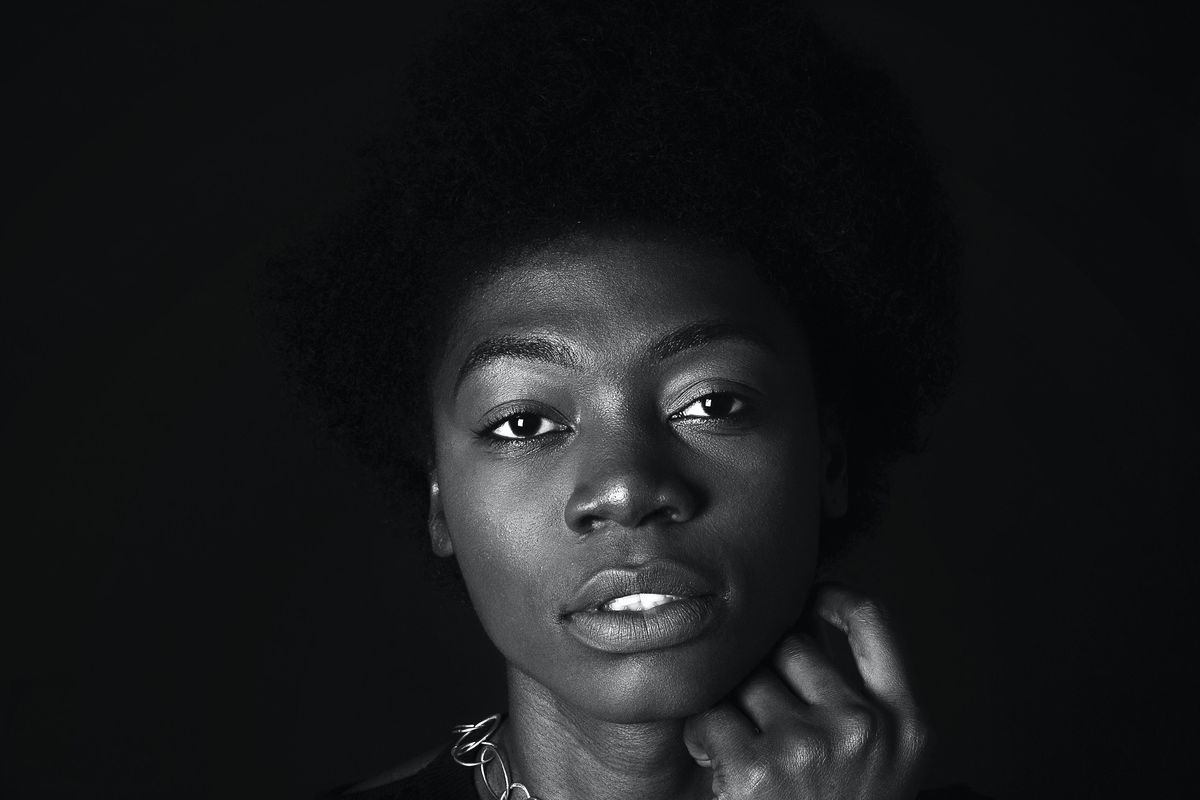The microaggressions against the BIPOC community you might not even realize you're doing
We really should have more conversations to learn what is unacceptable, further preventing these experiences from persisting.

As a BIPOC—specifically a Black woman—it can sometimes be incredibly uncomfortable to be in spaces that are majority white due to microaggressions. A microaggression is "a subtle, often unintentional, form of prejudice."
What is most interesting about this definition is this keyword: unintentional. This indicates that these views of marginalized groups are sometimes done without awareness that it's distasteful.
For decades, many Black people have dealt with microaggressions throughout their lives. From experiences in school to life in the workplace and day to day life, these actions eventually could harm Black people emotionally and mentally as they view themselves in a less than favorable light.
Understanding this, check out some examples below that shed light on some of the microaggressions that occur or are used daily and why they are offensive.
"Are you (insert person's name)? You look so familiar"
This is a classic case of mistaken identity or playing into the 'fact' that every BIPOC, especially Black people, look the same. A few years back, my friend invited me to accompany him to an event in New York City. One of my friend's colleagues at the event asked if I was the girl in many of his photos on Instagram. That wasn't the case. It was our mutual friend. According to an article in Psychology Today, a study was conducted with 17 white participants who viewed Black and white faces on a monitor. What was discovered was that the visual cortex (which specializes in the processing of faces) indicated that the participants were more inclined to recognize differences in their own races only, which is understandable. Still, if not careful, people can be wrongly accused of things that they didn't do.
"Hey, do you mind if I touch your hair? I've never felt curls like this"
The whole topic of Black hair has always been met with controversy. Growing up, you either had hair relaxers, cornrows, or wore your natural hair out, yet there would sometimes be instances of people mimicking or mocking the hairstyles (celebrities sporting cornrows then renaming them "boxer braids), and now laws to prevent Black people from being discriminated against because of their hairstyles in the workplace. There has always been a long and contentious journey regarding our hair.
On top of that, Black people- especially Black women and girls- have dealt with some commentary about it that can be off-putting. Regardless if you're at school, at the mall, or out to dinner with friends, asking a Black person if you could touch or feel their hair makes me believe that Black people couldn't possibly have their own hair, which is baffling.
Moreover, it is not uncommon for non-Black POC and white people to ask this question because of the deep-rooted perception that Black hair is under a wig or in weave most of the time.
If a Black person tells you that it's their real hair, please do not feel comfortable to go ahead and touch it. It's not your hair, and it isn't very respectful to be treated like a pet.
Hopefully, this provides some insight into why appropriating Black hair is very infuriating. If someone on the fashion runway can be praised for sporting an afro or dreads but is not a Black person, why can't we be left alone to enjoy the state of our hair as well?
READ: What it means to be Black in the fashion industry

Being Black is my identity, not a trend.
"You sound like a Caucasian person"
First of all, anyone who would ask me this growing up was met by a question of my own: "what is that supposed to mean exactly?"
Unfortunately, there is this common misconception that Black people are limited to African American Vernacular English (AAVE), or merely Ebonics. Because of the stereotype portrayed in this way of speech among Black people, people believe that if a Black person speaks without much slang, they are trying to sound "white". This stereotype, in my opinion, also alludes to the idea that Black people aren't educated. Speaking clear has nothing to do with race. Someone's vocabulary shouldn't be an indication of their level of intelligence at all.
Wow, you're good looking for a Black person"
This brings me back to my high school days, and goodness, was this infuriating to hear. Because of the Eurocentric standards of what is deemed beauty in society, the common view of more delicate features and fair skin tends to be a widespread perception. I've even had friends recount their stories of nights at the club when someone would walk up to them and say, "I normally don't date Black people, but you look good. I want to get to know you."
In no way is this complimentary. It implies that some people are not generally attracted to a particular race, but they are the exception. This casual racism can make Black people feel that they are insignificant, lowering their perception of self.
We really should have more conversations to learn what is unacceptable, further preventing these experiences from persisting.
Have you got something to say about this subject? Submit a post here and start the conversation.


